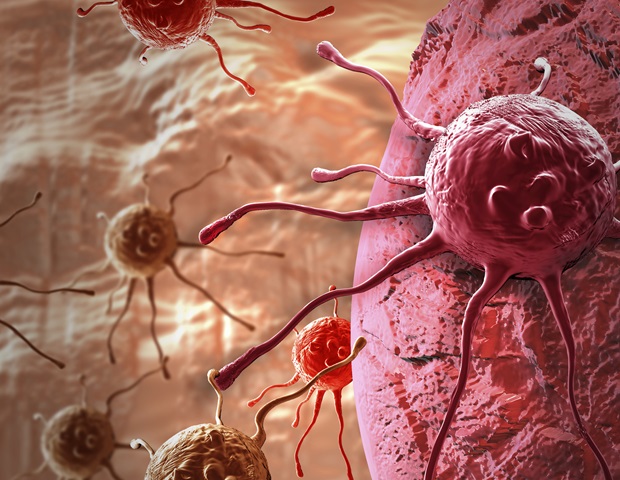Blog
Mussel-inspired nanoparticles for targeted therapy of lung cancer
Scientists from POSTECH and Kyungpook National University have developed a novel inhalation drug delivery system for lung cancer using mucoadhesive protein nanoparticles inspired by the adhesive properties of marine mussels. This work was initiated by Professor Hyung Joon Cha (Department of Chemical Engineering and Graduate School of Convergence Science and Technology with specialization in Medical Sciences) and Dr. Yeonsu Jeong (Department of Chemical Engineering) at POSTECH, in collaboration with Professor Yun Kee Jo (Department of Convergence Science and Technology Biomedical, Advanced Institute of Science and Technology) at Kyungpook National University.
Lung cancer remains one of the deadliest cancers in the world. Non-small cell lung cancer (NSCLC), which accounts for 85% of all lung cancer cases, is particularly difficult to treat due to difficulties in early detection. Current anticancer treatments are mainly administered intravenously, affecting both malignant and healthy tissues, often leading to serious side effects. As a result, inhaled medications have emerged as a promising alternative, enabling local delivery of medications directly to the lungs. However, effectiveness this approach has been significantly hampered by pulmonary mucosal barriers and immune cells. In this context, joint research resulted in the development of a mucoadhesive protein nanoparticle intended for the treatment of lung cancer.
This approach takes advantage of the extraordinary adhesive properties of proteins from marine mussels, known for their adhesion underwater. Drawing inspiration from the oxidation-reduction mechanisms of foot protein type 6 (fp-6), scientists engineered foot protein type 1 (fp-1) through cysteine integration, creating a biomaterial with enhanced adhesion strength and precise drug delivery capabilities to the lung cancer microenvironment. These nanoparticles demonstrate exceptional therapeutic efficacy by enabling selective release of the payload while effectively inhibiting release in healthy tissues to minimize adverse effects. Moreover, the intrinsic biocompatibility, biodegradability and immunocompatibility of marine mussel proteins ensure the highest biological safety and significantly prolong the retention of anticancer drugs, thereby enhancing their therapeutic effects.
In animal models of lung cancer, the nanoparticles developed by the research team and the anticancer drugs they contain have shown effectiveness in inhibiting cancer cells metastasis and invasion following pulmonary delivery by nebulizer and adhering to the mucosa for a long time. These advances have the potential to increase patient access to lung cancer treatment because simplified inhalation drug administration can be performed at home. Moreover, this approach can significantly improve patients’ quality of life by reducing the need for hospital visits.
The results of our study have the potential to significantly increase both the precision and effectiveness of lung cancer treatment, while significantly improving patients’ quality of life.”
Hyung Joon Cha, professor at Pohang University of Science and Technology
The research results were published online in a leading international journal for biomaterials research. This study was made possible by funding from the National Research Foundation’s (NRF) Mid-Career Research Program, the Dental and Medical Technology Research and Development Program of the Ministry of Health and Welfare, and the pan-government Regenerative Medicine Technology Development Program.
Source:
Magazine number:
Jeong, Y., . (2024) Redox-activated, inhaled, mucoadhesive protein nanotherapeutics for targeted treatment of lung cancer. . doi.org/10.1016/j.biomaterials.2024.123004.

